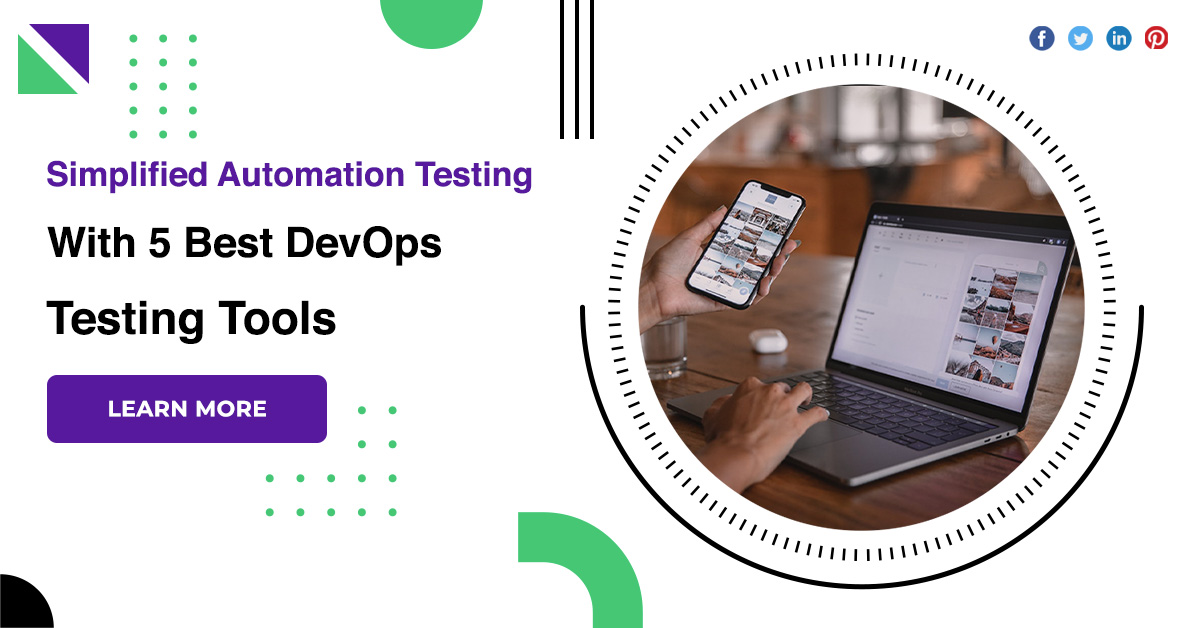Mobile user groups are sprouting up all over the place. Faculty, staff, and students gather to discuss and demonstrate some of the most recent mobile applications for smartphones and tablets.
But how are these apps put to use? Do the various faculty members fully understand how to integrate mobile devices into the curriculum and how they differ from other forms of instructional technology and e-learning?
Many college instructors adopt and deploy mobile apps in their learning environments without considering how the software chosen can be used to meet the goals and objectives embedded in their courses.
While e-learning addresses a specific intent to learn something, mobile learning is much more informal, unstructured, situational, and opportunistic.
As a result, it’s no surprise that instructors are looking for ways to incorporate mobile learning into their classroom instruction in order to make course content more portable.
The coronavirus pandemic has had an impact on every market sector, including education. People nowadays prefer to study whenever and wherever they want, using only their smartphones.
Based on that philosophy, here are some best practises to consider when adapting mobile applications to your curriculum.
Select an App Development Platform
Have you decided whether to build your app for Android or iOS? Or do you prefer cross-platform development, which entails creating a single app that can run on multiple platforms?
Choosing the right platform for your app is critical in the online education market. At present, Google’s Android has the greatest number of users – around 2 billion.
Surprising Fact: Although Android has more users than other platforms, more than half of the US smartphone market prefers iOS as the operating system.
This means you might want to develop your education application for both platforms including iOS and Android. You could also go with cross-platform mobile app development.
Here are a few things to think about before deciding on an app development platform:
- location geographically
- Time required for app development
- The complexity of development
Hire Mobile App Development Company
After you’ve decided on all of the important factors, you’ll need to find a reputable educational app development company.
And, without a doubt, this is one of the most crucial stages of app development.
As an entrepreneur, you would not want to jeopardise the quality of your app by hiring an inexperienced developer or a company with no experience developing educational mobile apps.
What technologies are required for developing learning apps?
It is critical to choose the right technologies and tools when developing an educational app. The chosen mobile app tech stack influences the app’s scalability, maintainability, development time, and costs. The following are some common mobile app development approaches and technologies to consider when developing an educational mobile app:
- Native app development is appropriate for creating an educational app that will run on a specific platform (iOS or Android). This strategy necessitates the use of unique technology for a certain platform.
- Hybrid app development enables for the creation of apps that are both native and web-based. Simply put, the app core is built with web technologies and then wrapped in a native container. Hybrid apps function like websites but can also use mobile device capabilities.
- Web app development entails creating programmes that run on mobile devices and leverage distant servers.
If you wish to collect statistical data about your customers, manage payments, offer people access to their data, and synchronise data across several devices, backend programming is essential.
It is critical to consider elements such as your project needs, goals, scalability, and app security while making a decision.
Features to Consider
The simplest strategy to select app features is to know exactly what you want to give your potential pupils. Aside from that, you may look at the top comment area of instructional applications in Google Play and Apple Play.
In the comment box, app users often give their opinions and expectations about the feature. You can even build a poll and invite potential consumers to vote on their favourite features.
Educational Mobile App Development Obstacles and Solutions Stand out in a crowded marketplace.
There are several instructional applications available on the market nowadays. So, if you want your app to thrive, make sure your concept is practical and distinctive.
- Determine your target market and the need for it.
Decide on the EdTech topic you want to focus on before beginning the development process (online learning apps, corporate training, mobile learning, etc.). Then, conduct extensive study in your area to uncover their wants and trouble spots. Based on the information gathered, you may create a list of important characteristics that will answer the concerns of your target audience.
- Determine your monetization plan.
Having an excellent learning mobile app is only one component of success. You should consider your monetization plan if you want your app to thrive and succeed in the long run.
- Choose a reputable development partner
Choosing the best education mobile app development firm might be challenging. Before you begin working together, make sure your IT partner knows your project’s goals and requirements.
- Make certain that educational app developers have suitable experience.
- Not only should hard talents and experience be evaluated, but so should soft skills.
- examine the company’s portfolio
- look at the ratings and reviews
- set the initial call to immediately communicate
Conclusion
In an ever-changing world, convenient access to education is becoming increasingly important. With the COVID-19 pandemic, educational mobile app development appears to be more important than ever before.
Knowledge truly is unlimited, and one can never learn too much. This reality helps to mobile educational applications becoming a useful and attractive participant on the app market.












.png)







Discussion about this post